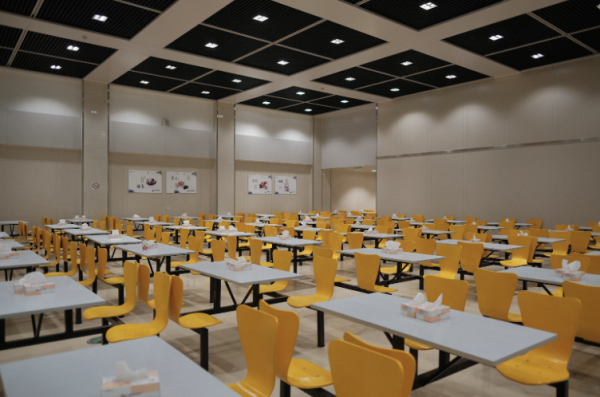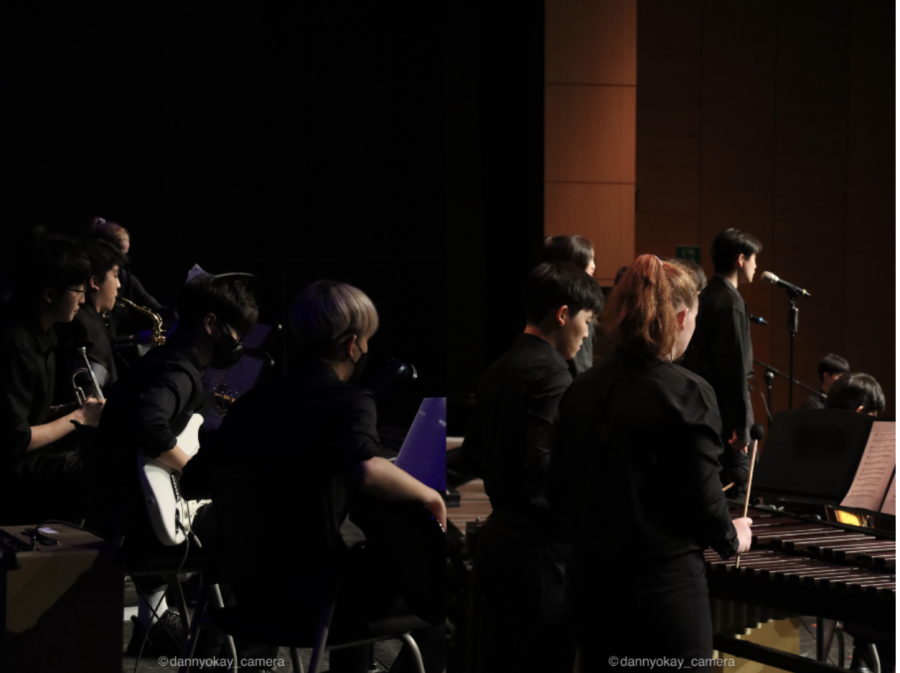This article is the third in a four-part series exploring the impacts of eating disorders. Part 1 discusses the mental and emotional effects, Part 2 provides an in-depth look at the specifics of eating disorders, Part 3 examines their impact on the CI community, and Part 4 highlights current solutions and available support options.

Dominic Kurniawan Suryaputra. Unsplash, 10 October 2024
At Chadwick International, students face an array of complex challenges, most of which stem from academic or social pressure. Yet one prevalent issue that often goes unnoticed is the presence of eating disorders. These conditions (see Part 2 for more detail) can have significant impacts on both academic performance and social life for students, particularly in high school or college settings.
Nutritional deficiencies may affect concentration, diminish ability to process information, and cause extreme fatigue, thus affecting engagement in academics. Preoccupation may also pose another concern; according to NEDA, individuals with eating disorders spend 70 to 90 percent of their time thinking about “food and weight-related issues,” leaving little attention for their studies (AFT). Weight-related teasing, dissatisfaction with body image, and other problems linked to overweight adolescents have also been referred to as potential causes of negative influence on cognitive functions. The risk of eating disorders was found to correlate negatively with academic performance, along with verbal and numeric abilities (Adelantado-Renau, et al., 2018).
Students may also be subject to social isolation, withdrawing from valuable events and extracurriculars due to shame and anxiety. An anonymous Grade 11 student has commented that the specific culture of culinary celebration at CI – junk food parties during advisory hours, events revolving around ice cream or pizza – may not be inclusive toward those who prefer healthier options. The presence of Korean food culture is evident for many students and faculty who engage in the athletics program offered by CI. After thrilling games or sports competitions, the teams often enjoy the communal eating and grilling of Korean BBQ at restaurants in Songdo. Students suffering from eating disorders may avoid such situations where their eating habits can be scrutinized, cutting off opportunities for social engagement.
The media also plays a significant role in shaping Chadwick International students’ perceptions of body image and beauty, particularly with the rise of Korean pop music. The K-pop stars are not mere musicians, but flawless public figures expected to uphold unattainable beauty standards. They are the subject of countless conversations at school, idolized and admired by many students. Their highly controlled diets and excessive exercise plans have been publicized; for instance, the popular Korean singer IU reportedly consumed nothing more than an apple, two sweet potatoes, and a protein shake daily for a week to lose weight. Sora Choi, a famous model, shared on television that she only drank water and tea for a month to prepare for fashion week. Thinness is glorified and equated with beauty, affecting students at CI who are unable to escape the detrimental effects of digital media.
In the past, a Grade 12 student shared about her battle with anorexia, as well as the role of peer pressure in shaping her disorder: “[it] pushed me to think that losing several kilograms would make me feel and look better. I thought doing so would distract me from home troubles, studies, and friends … I started controlling the only thing I felt I could control in my life, which was food.”
However, she has also shared that her recovery was aided most by her counselors, therapists, doctors, teachers, friends, and family who stayed by her side; revealing her illness to them helped create a strong support network which allowed her to reach out to others. Describing her experiences on a TED-Ed Student Talk Program, she has advised other students with eating disorders to reach out for help. “Don’t let anorexia
concur you before you can truly smile,” she says.
“Free yourself from anorexia’s grip and pursue your dreams.”
If you are a member of the CI community struggling with a similar issue, contact Ms. Connor ([email protected]) or Ms. Patterson ([email protected]) to seek help.












